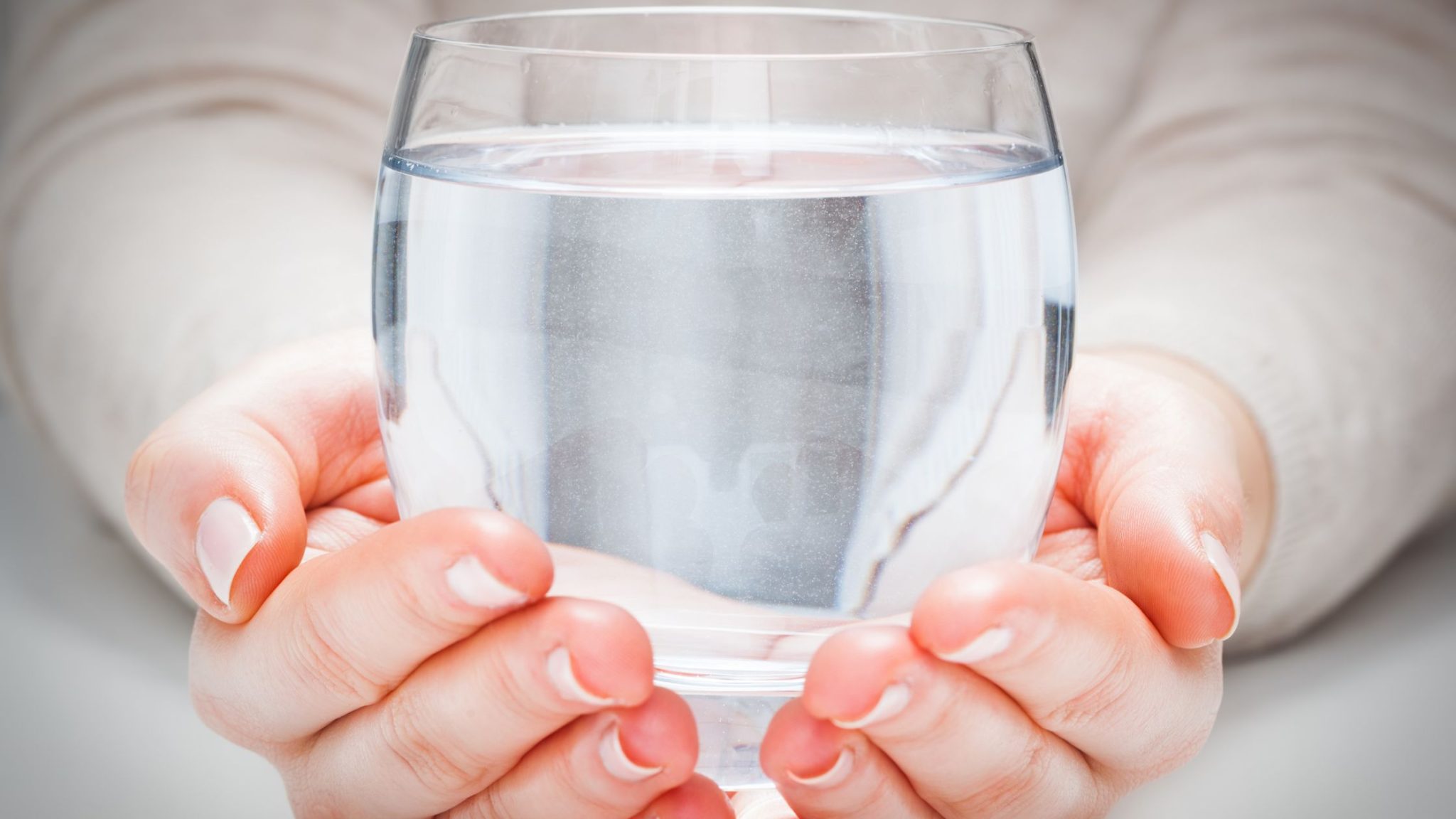Proper hydration is essential for supporting health and well-being, but did you know that the quality of the water you drink plays a significant role in how well you stay hydrated? While drinking enough water is crucial, the presence of contaminants, mineral content, taste, and palatability of your water all influence how effectively it hydrates your body. In this blog post, we’ll explore how water quality affects hydration and provide tips for keeping your water healthy.
The Impact of Contaminants on Hydration
- Health Risks from Contaminants
Contaminants in water, such as bacteria, viruses, heavy metals, and chemicals, pose significant health risks. Drinking contaminated water can lead to gastrointestinal illnesses, such as diarrhea and vomiting, which can cause severe dehydration. For example, lead, a common contaminant in old plumbing systems, can have serious health consequences, especially for children, and can also affect hydration levels.
- Removing Contaminants
Using water filters certified to remove specific contaminants can significantly improve water quality and safety. Activated carbon filters, reverse osmosis systems, and UV purifiers are effective in removing a wide range of impurities, ensuring that the water you drink is clean and safe.
The Role of Mineral Content in Hydration
- Essential Minerals
Water naturally has minerals like calcium, magnesium, and potassium, which are essential for supporting fluid balance and proper hydration. These minerals, known as electrolytes, help regulate body functions such as nerve signaling, muscle contraction, and hydration.
- Balanced Mineral Content
While minerals are beneficial, water with excessively high mineral content, also known as “hard water,” can have adverse effects. High levels of minerals like magnesium can act as a laxative, while too much calcium can contribute to kidney stones. Using a water softener can help balance mineral levels, but it’s important to retain some minerals to ensure water remains beneficial for hydration.
The Importance of Taste and Palatability
- Encouraging Water Intake
The taste and palatability of water significantly influence how much water you drink. Water that tastes good encourages you to drink more, which is essential for staying hydrated. Conversely, water with an unpleasant taste due to contaminants or high mineral content can discourage adequate water intake.
Enhancing Water Taste
Improving the taste of your water can be as simple as using a water filter. A high-quality water filter will remove unpleasant tastes and odors, making your water more appealing to drink. Water free from impurities not only improves its taste but also supports better hydration by encouraging regular intake.
Ensuring High-Quality Hydration
- Use a Reliable Water Source
Know that your drinking water comes from a reliable and safe source. Municipal water systems are generally well-regulated and monitored, but if you rely on a private well or other sources, regular testing is crucial to ensure water safety.
- Regular Testing
Regularly testing your water for contaminants is essential, especially if you rely on a private well or live in an area with known water quality issues. Aqua Serve offers professional testing services for a comprehensive analysis.
- Stay Informed
Stay informed about your local water quality. Municipal water suppliers often provide annual water quality reports that detail the presence of contaminants and overall water quality. These reports can help you stay aware of any potential issues with your water supply.
- Use Our Advanced Water Filtration Solutions
Our advanced water filtration products are designed to be sure your water is of the highest quality. From under-sink filters to whole-house systems, our products remove harmful contaminants while preserving essential minerals. Investing in our filtration solutions guarantees that every sip you take is clean, safe, and hydrating.


